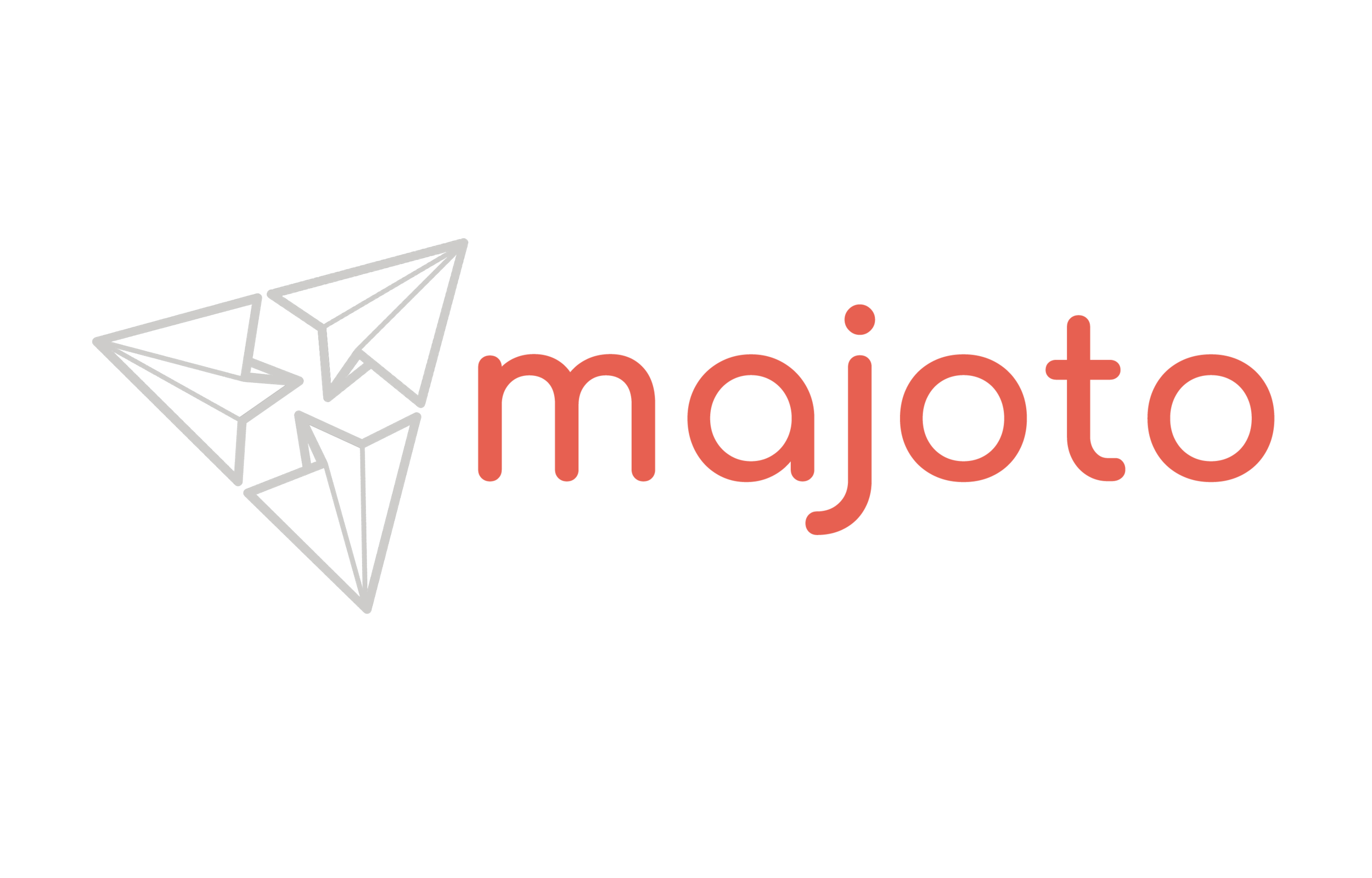That was 2023, here’s to 2024.
“The best way to predict the future is to create it” (Abraham Lincoln).
We’re very much on Abe’s vibe. But we can play the prediction game too. Especially as it gives context to what we’re doing at Majoto. So in the spirit of Christmas and seeing out the old year and seeing in the new, there are 3 things that stand out for us.
That was 2023
The world went mad over #generativeAI. Lawyers reached peak stupidity, citing cases hallucinated by chatGPT in court.
(Note: we’ve put AI first, not because it’s the most important. It’s the least important of the three things we cover here, but it’s nice to get it out of the way first).
What we did: did not jump on the bandwagon, did some stealth stuff, and hosted the world’s first head-to-head debate about AI in legal, between Brian Inkster (the fun skeptic) and Nicola Shaver (the passionate proponent).
2023 is the year that #CLM fell firmly into the trough of disillusionment.
Estimates put adoption at 15%, embedment is harder than anyone thought, and genAI has put a cat among the contract automation pigeons.
Contract tech has been optimised for simple, routine, text-based documents. Businesses increasingly want granular customisation, help with more complex transactions, and the ability to carry visual documents. The 100’s of automation products out there can’t solve for those things.
What we did: continued to design increasingly complex documents for banks and fintechs, and implementing Majoto for increasingly complex processes for small and mid-market businesses, demonstrating it as a viable self-serve solution beyond the simple and routine.
In 2023 #LegalDesign emerged from obscurity, going global and mainstream.
The Legal Design Summit in Helsinki happened, with large corporates and law firms were well represented among the 600 legal rebels. Legal Geek had a strong legal design streak this year. Anna Posthumus Meyjes’ and Elizabeth Stadler’s legal design workshop overflowed despite Richard E Grant speaking at the same time on the main stage. Good grief.
The bellwether: are law firms talking about it? Last year they were not. This year, they are.
What we did: we grew our community (the Beta Club) and expanded its activities, with four workstreams on which legal designers and other legal rebels are solving problems and doing new things. We did the world’s first legal design flashmob in Helsinki! And we’ve just launched an in-house legal design academy for a major customer, teaching their 250-strong legal team our legal design method during 2024. Now that’s a bellwether.
Our predictions for 2024
In 2024, at least in the world of legal, the AI hype will be replaced by people doing real innovation with AI. And people doing real innovation without AI.
That is, the boring hard work of creating reliable solutions for real use cases.
What we will do: things have moved on apace since Nicola and Brian went head to head. We’re going to host some more deep dive no-holds-barred debates and then bring Nicola and Brian back together for a recap!
In 2024, new ways of doing contracts will emerge from the shadows: a paradigm shift away from text editors, conditional logic and compilation through Q&A. The most exciting will not be AI-first.
As vendors look to SMEs for growth, small businesses will frankenstein contracts with genAI (just like they’ve always frankensteined contracts from the web). The battle will be fought over the mid-market.
The gap will become more palpable, between the kind of contracts that businesses want to put out (visual contracts created with legal design) and what contract automation can carry (numbered text, indented if you’re lucky).
What we will do: we will continue to build the solution that bridges those gaps, and brings a better way of doing contracts to small and large businesses.
In 2024, legal design will become increasingly recognised as the single most important skill that lawyers can learn.
The smartest GCs will start to demand, expressly, that their law firms apply legal design when delivering advice and documents. So that the work product doesn’t need to be re-interpreted for the business by the in-house team.
As with every innovation, as it moves into broader adoption, we’re going to start to see design-washing. That is, surface decoration to make a document look like it’s been designed with the user in mind, but without any of the real work and none of the outcomes that comes with real legal design.
What we will do: at Majoto, we will continue to push the boundaries of what’s possible withlegal design, through the design, technology and training work we do with customers, and through new collaborative models in our community. With other passionate pioneers in this space will look at ways of maintaining and building public trust in legal design.
I started Majoto because I want to build a future that I want, not let others build a different future for me. A future that is human-first, trustful and that increases wellness. That’s exactly what we’ll continue doing in 2024. If you share the same vision, come and join our community and let’s talk.
Wishing our readers and customers a very special Christmas break and a fantastic start to 2024.
Best,
Denis

